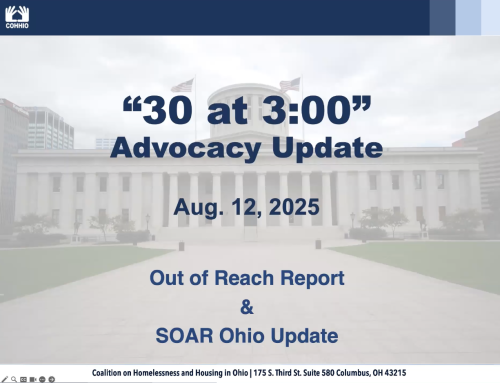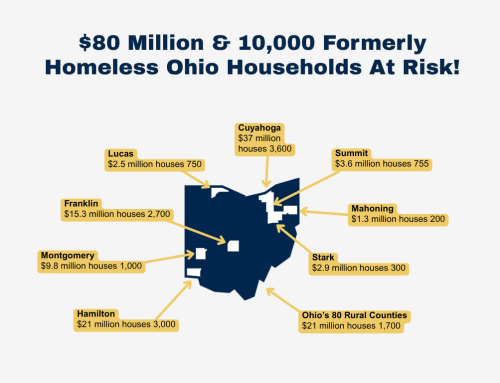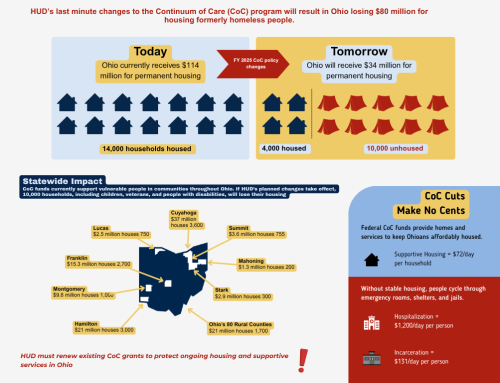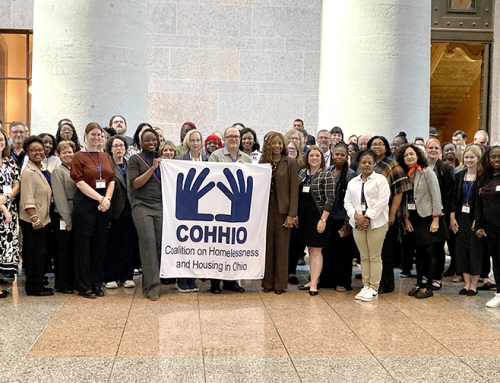We know affordable housing and homelessness is a big issue for Ohio’s voters, but what do Ohio’s Congressional and Statehouse candidate think should be done? COHHIO surveyed all of Ohio’s major party candidates for Congress and the State Legislature about their plans to address housing insecurity. Below are some of their responses. To download and read the complete candidate questionnaires, visit our Advocacy Page.
(Please note: COHHIO does not endorse any candidates or political parties. This information is intended to inform voters about the candidates’ stance on the housing issues directly impacting them.)
“We need to bring down the price of housing and create more housing, including housing that is more affordable and accessible to people experiencing homelessness. That means we need to keep investing in HUD’s housing and homelessness assistance programs and continue working on bipartisan efforts to expand and improve the Housing Choice Voucher program. I also support community efforts to prevent evictions before they happen. We also need to invest in the Low-Income Housing Tax Credit to build and improve affordable housing, and we need to pass my Neighborhood Homes Investment Act to create a new tax credit to cover the cost difference between building or renovating a home in an older neighborhood and the price at which it can be sold. I’m also fighting to pass my Stop Predatory Investing Act to deny tax benefits to deep-pocketed investors that too often out-compete families to buy up large numbers of single family homes, jack up rents, and then fail to maintain safe and healthy housing.”
-U.S. Sen. Sherrod Brown (D-Ohio, running for re-election to the U.S. Senate)
“On September 26, 2024, my Extension of Department of Veterans Affairs Expiring Authorities Act of 2024 was signed into law as part of the temporary funding bill that will keep the government funded through December 20. This was my first bill to become law. Veterans who have sacrificed for our country should never have to worry about a lapse in the benefits they rightfully earned. This legislation reauthorizes several key veteran programs and services. It includes provisions to provide nursing home care for elderly and disabled veterans, support homeless veterans and prevent veterans and their families from falling into homelessness, improve access to mental health care, and allow burial benefits.”
-U.S. Rep. Emelia Sykes (D-Akron, running for re-election in Ohio’s 13th Congressional District)
“Local and state governments in combination with local charities are the best response to housing related issues. The unintended consequences of federal funding are tremendous. They distort the market, and typically result in less housing due to fraud, abuse and a misguided onesize fits all approach. I recommend block granting HUD funding back to states primarily on a per capita basis with some additional consideration for rates of poverty. Housing safety nets are not meant to be generational housing, but rather a hand up during a difficult time. Helping our neighbors find shelter during a tough patch is far different than supporting a bloated Washington DC based housing program.”
-Kevin Coughlin (R-Cuyahoga Falls, running for election to Ohio’s 13th Congressional District)
“One of the highest responsibilities of a government is to insure that people have a roof over their head… Temporary rent subsidies should be provided through the states to enable people to remain sheltered for at least six months, without loss of income to the property owner. During that period social and economic programs must be accessed to help people get back on their feet.”
-Dennis Kucinich (I-Cleveland, running for election to Ohio’s 7th Congressional District)
“I believe the state should ensure sufficient revenue for the Ohio Housing Trust Fund (OHTF). To address the recent decline in revenues, the state could explore increasing the percentage of fees allocated to the OHTF, implement new funding sources, or enhance existing revenue streams. Additionally, legislative measures could be introduced to stabilize and grow the fund, ensuring that it effectively supports affordable housing and homelessness prevention efforts across Ohio.”
-Rep. Casey Weinstein (D-Hudson, running for election to the 28th Ohio Senate District)
“Stabilization of the OHTF by keeping it whole regardless of county recorder fee fluctuations is a start. SB245 is a key to this as well as keeping people housed. Not criminalizing homelessness is a piece of this puzzle, too. I would advocate for the return of TANF dollars for programming like the Siemer Foundation which I advocated for and supported in past budgets.”
-Sen. Stephanie Kunze (R-Hilliard, running for election to the 11th Ohio House District)
“Addressing the housing needs of rural communities across Ohio requires targeted solutions. As a State Representative, I would advocate for increased state and federal investments in rural housing development, specifically by expanding programs like Ohio’s Low-Income Housing Tax Credit (OLIHTC) to ensure rural areas receive their fair share of funding.”
-Rep. Dontavius Jarrells (D-Columbus, running for re-election to the 1st Ohio House District)
“Not only is ensuring sufficient revenue for the OHTF a central platform in my Action Plan for the Next Generation, but I also aim to increase OHTF revenues drastically to at least double the amount of new homes and rental units produced across the State each year. OHTF revenues should be stabilized by augmenting funds collected through county recorder fees with additional dedicated state funding to stabilize activities funded through the OHTF and grow its positive economic and human impacts.”
-Aaron Neumann (R-Columbus, running for election to the 8th Ohio House District)
